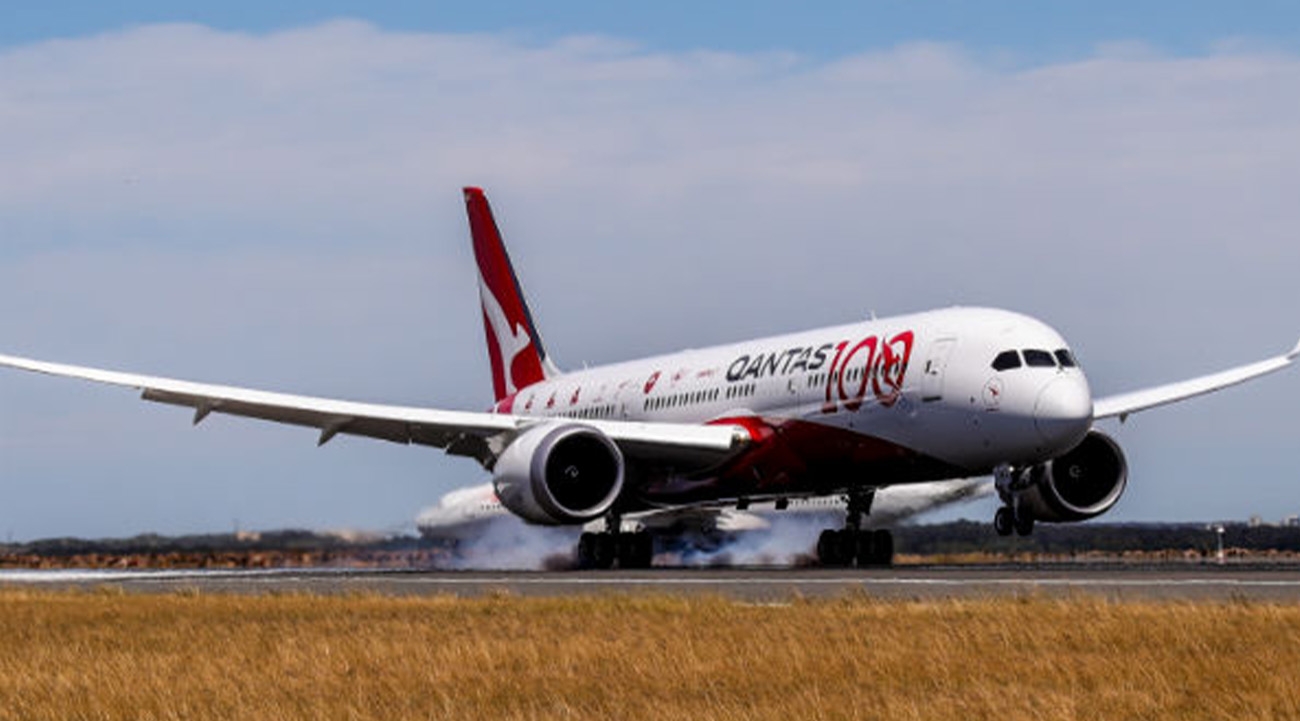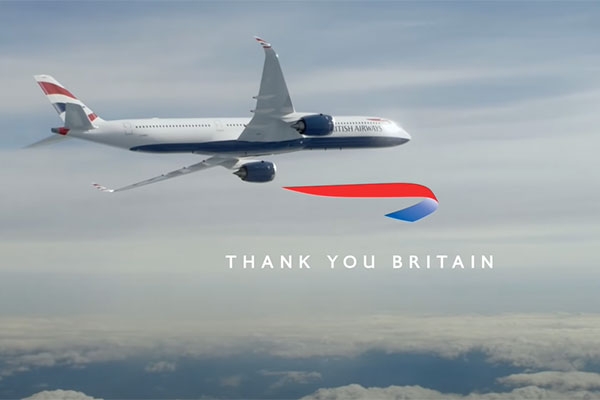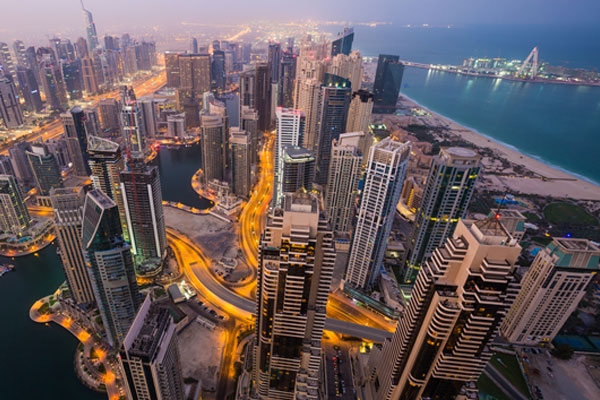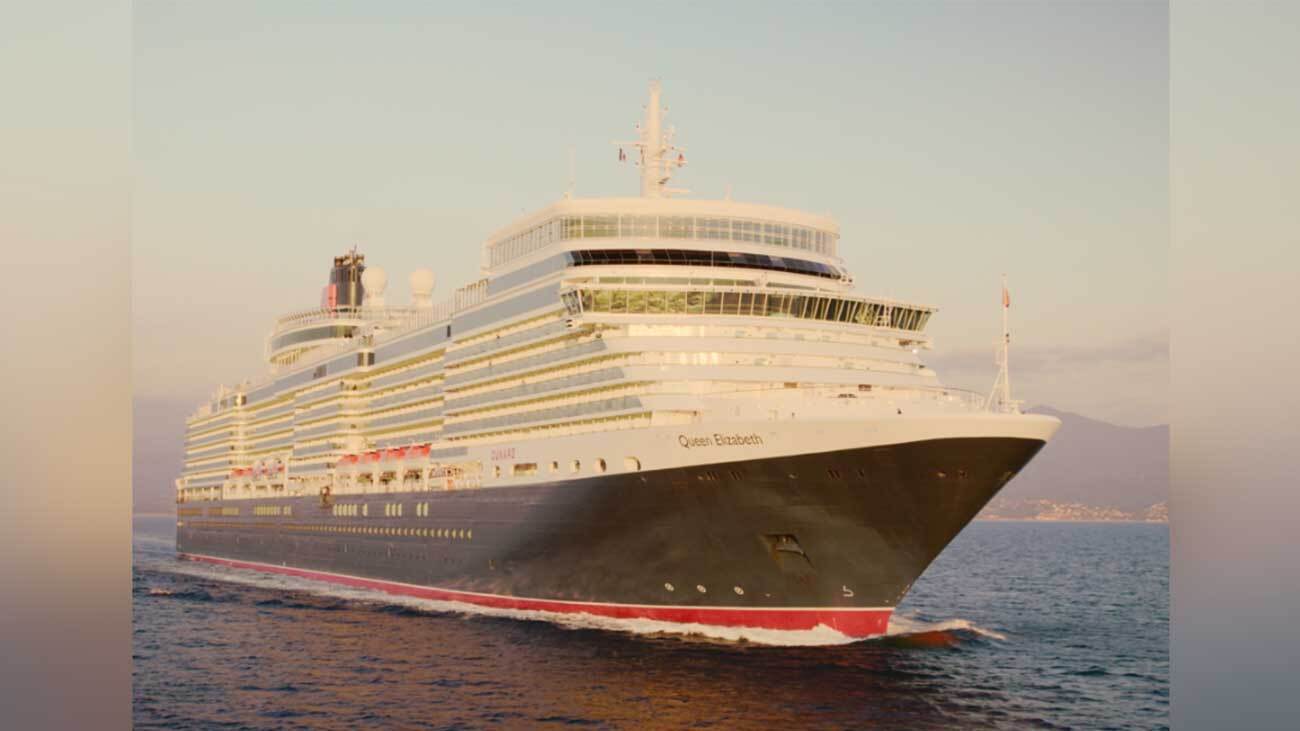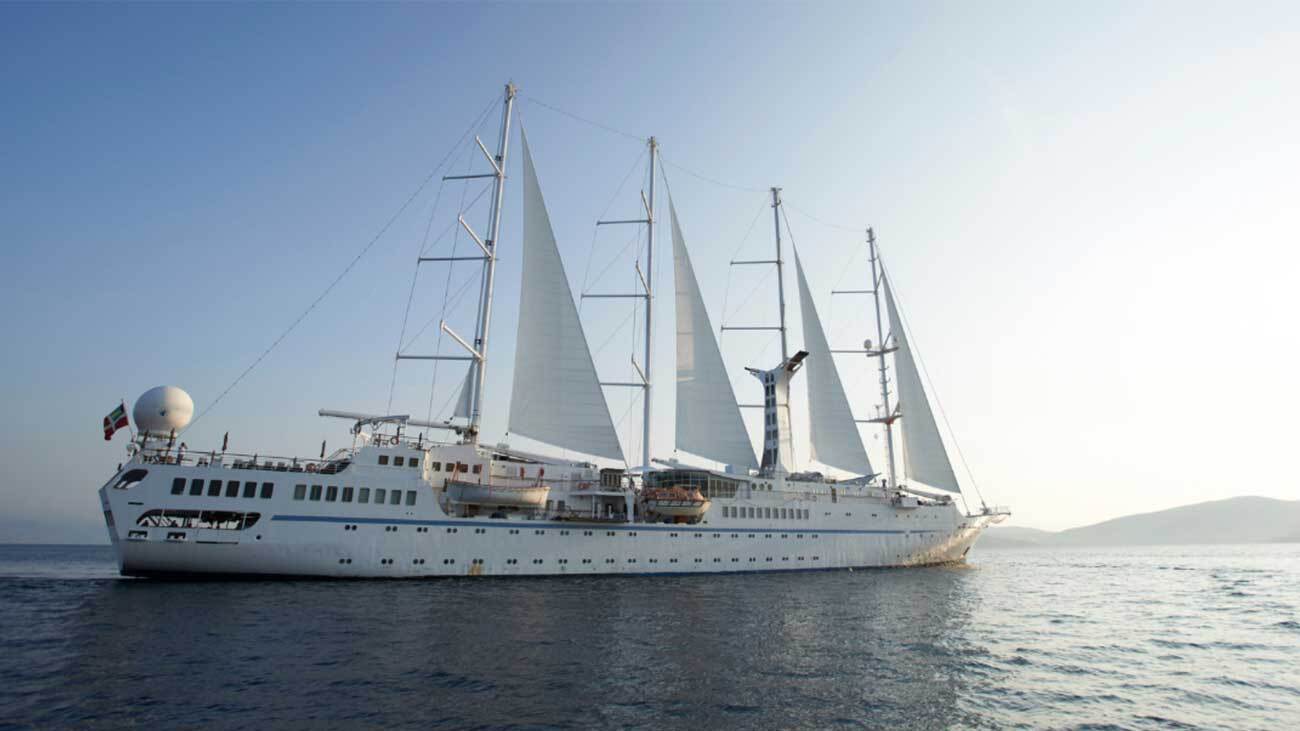More long-haul aircraft ordered as Qantas climbs out of Covid losses
Qantas plans to restore all international flying by the end of the year after posting its first annual profit since before Covid.
The Australian airline group confirmed orders for 24 new long-haul aircraft in the final stage of a fleet renewal strategy to replace ageing Airbus A330s.
The airline is to acquire 12 A350s and 12 Boeing 787 Dreamliners for delivery from 2027 in a multi-billion dollar order that includes access to up to 500 million litres of sustainable aviation fuel (SAF).
The aim is to also ultimately replace 10 Airbus A380 superjumbos from 2032 with A350s as it negotiated additional purchase right options split between both Airbus and Boeing.
Agreement for the final stage of the fleet overhaul came as Qantas reported a net profit of A$1.74 billion for the 12 months to June 30 against $7 billion in accumulated statutory losses over three previous years.
Underpinning the profit was completion of a A$1 billion pandemic recovery programme launched in the first year of those losses, a 132% year-on-year rise in flying compared and strong travel demand driving significantly higher revenue, according to the company.
The return to service of seven refurbished Airbus A380s during the year, plus two new 787s and eight new A321LRs, helped international flying by Qantas and subsidiary Jetstar increase from 54% of pre-Covid levels to 81%. Group international capacity will continue to recover, on track to return to 100% of pre-pandemic levels in the second half of the 2024 financial year.
“Customer satisfaction, while not back to pre-Covid levels, has also improved in line with operational performance,” Qantas said.
“Normalising of international capacity and the unwinding of inefficiencies from the return to flying will help put downward pressure on fares and strengthen financial performance.”
More than 21,000 non-executive staff will receive up to A$6,000 worth of Qantas shares “as a thank you” for their part in the recovery, plus a A$500 staff travel credit.
This is in addition to a A$5,000 cash payment to eligible employees as new working agreements are finalised.
Outgoing Qantas Group chief executive Alan Joyce said: “These results show a substantial turnaround in both our finances and service over the past year.
“Flight delays and cancellations have largely returned to pre-Covid levels and we’ve shifted from heavy losses to a strong profit and pipeline of investment worth billions of dollars.
“We safely flew almost 70 billion more seat kilometres and doubled the number of people we carried to 46 million compared to the year before.
“Travel demand is incredibly robust and we’ve taken delivery of more aircraft and opened up new routes to help meet it.
“The data shows customer satisfaction has improved significantly and we’re constantly working to deliver great travel experiences.”
He added: “It’s because we’re in a strong financial position that we’re able to invest in new aircraft, new destinations and new training facilities – all things that will make us better in the future.”
“This is another multi-billion dollar investment in the national carrier and it’s great news for our customers and our people.
“It’s in addition to the 149 firm aircraft we still have on order to continue renewing the domestic fleet for Qantas and Jetstar, and for the non-stop Project Sunrise flights to London and New York.
“Both the 787 and A350, and the GE and Rolls Royce engines fitted to them, are thoroughly proven and extremely capable.
“These are generational decisions for this company. The aircraft will arrive over a decade or more and they’ll be part of the fleet for 20 years. They’ll unlock new routes and better travel experiences for customers, and new jobs and promotions for our people.”
Chief executive-designate Vanessa Hudson said: “Our ability to afford these aircraft comes from years of restructuring and strengthening our balance sheet, and our confidence about the future.
“Our entire fleet plan has a lot of flexibility built into it so we can slow down deliveries or, within reason, bring them forward depending on the broader market.
“This deal gives the Qantas Group access to sustainable aviation fuel supplies out of the United States, making us one of the first airlines in the world to have a pathway to achieving our 2030 SAF targets.”
